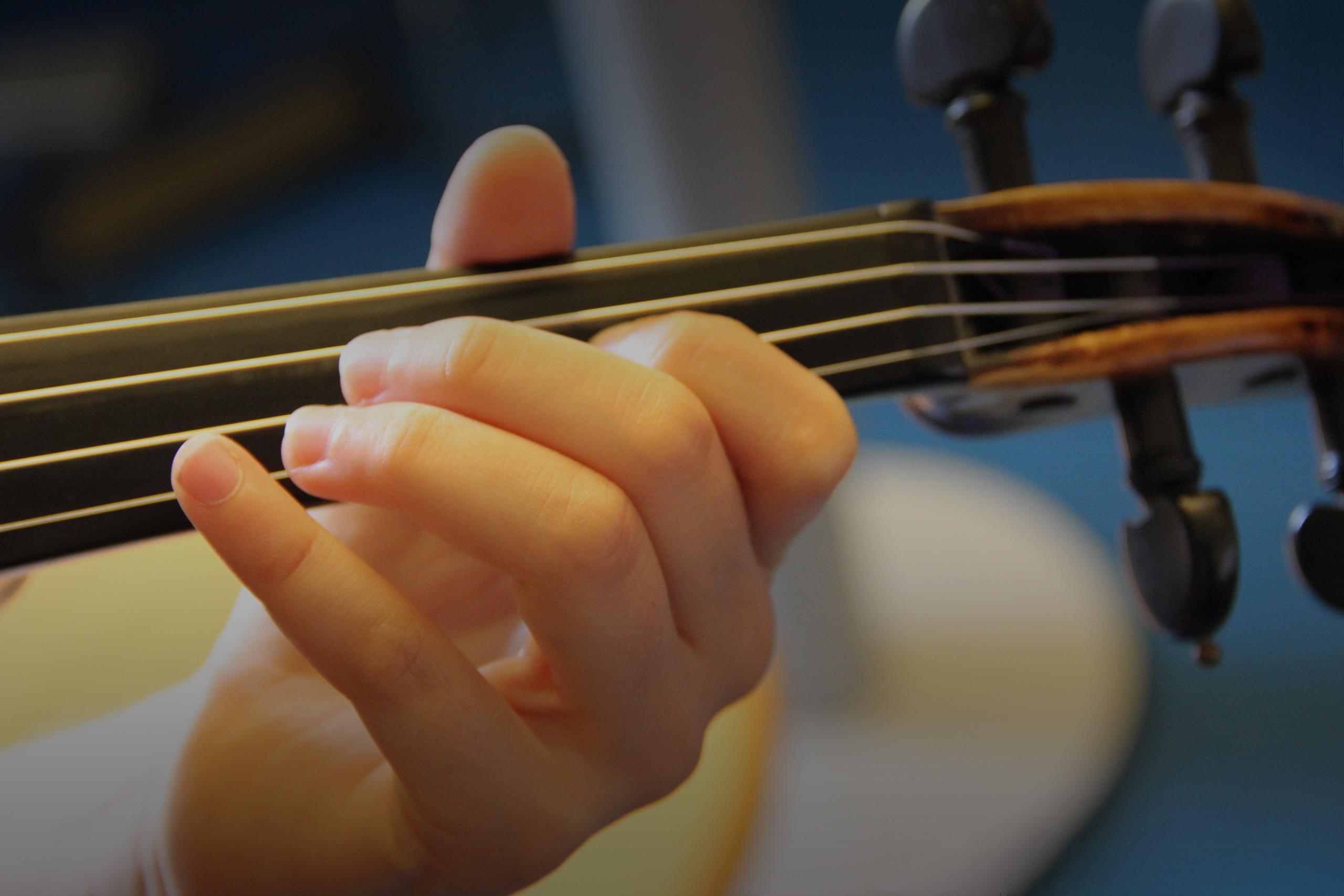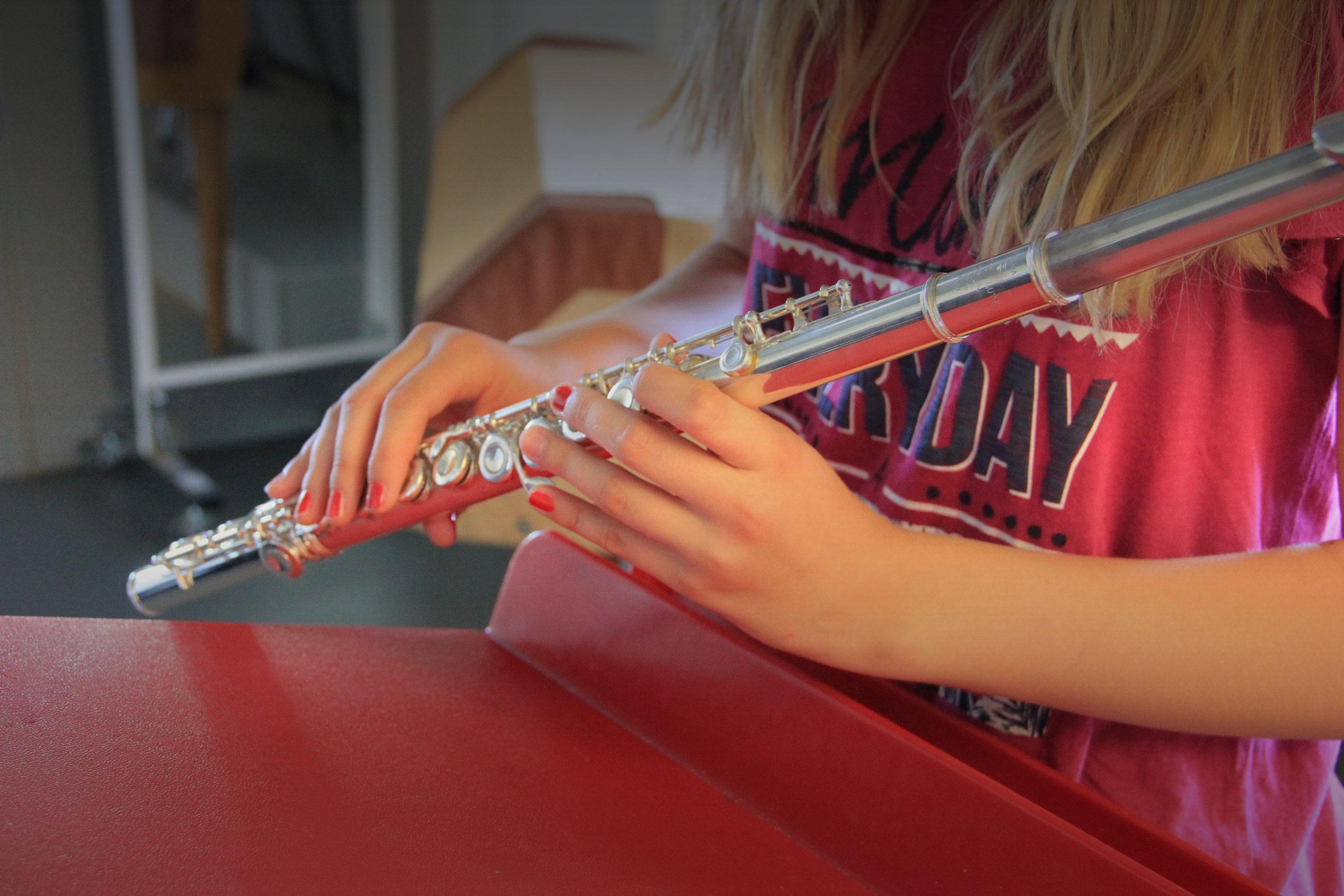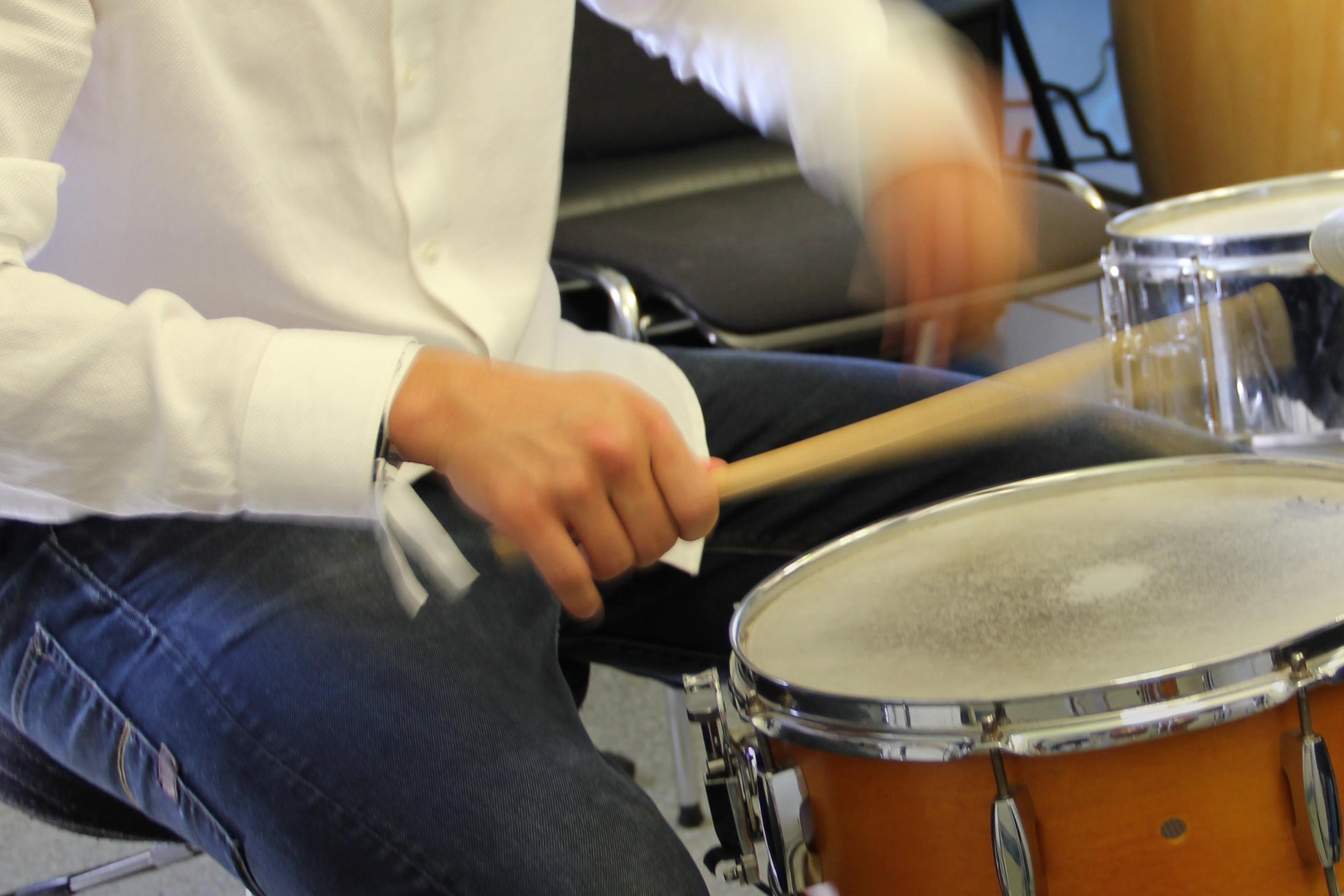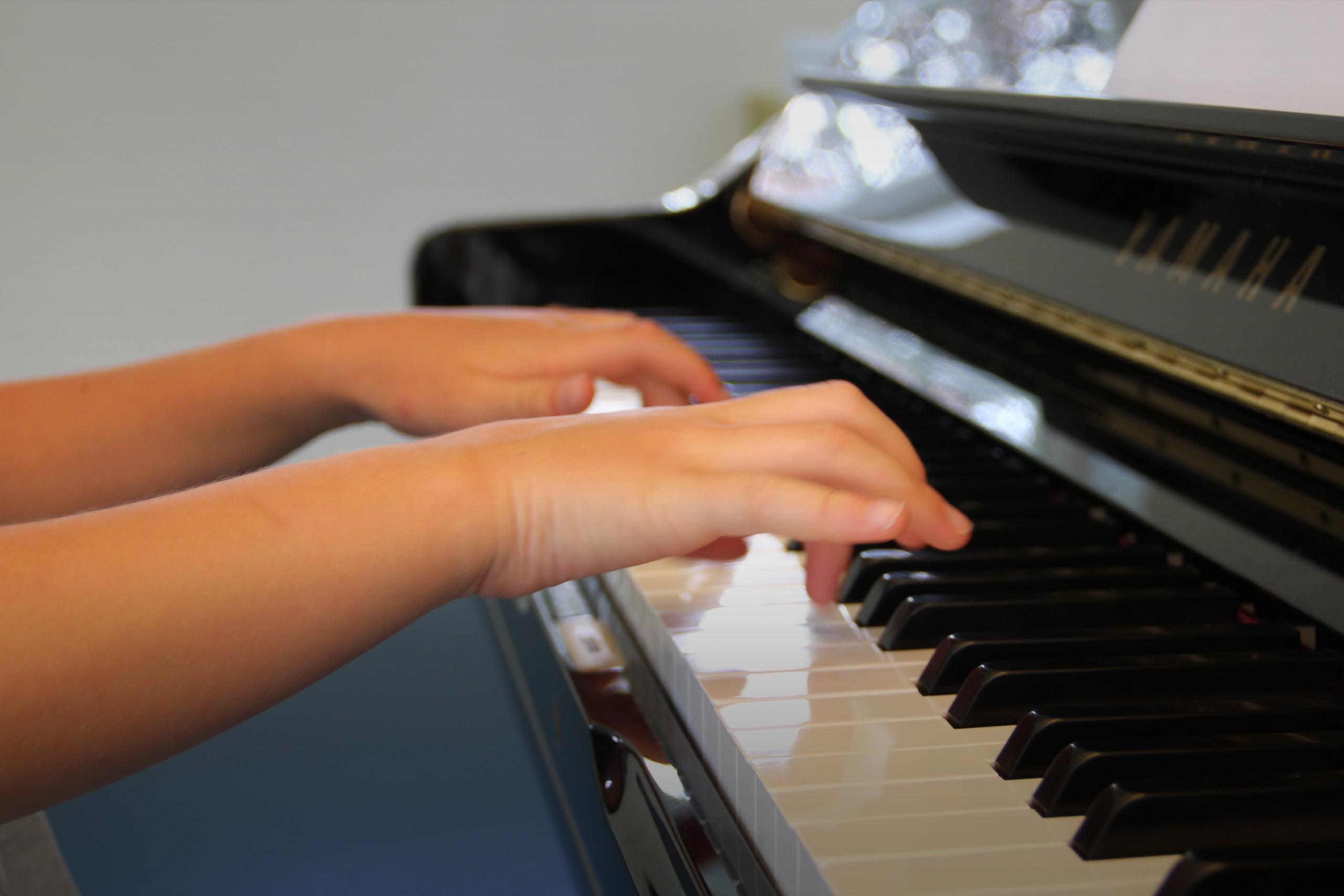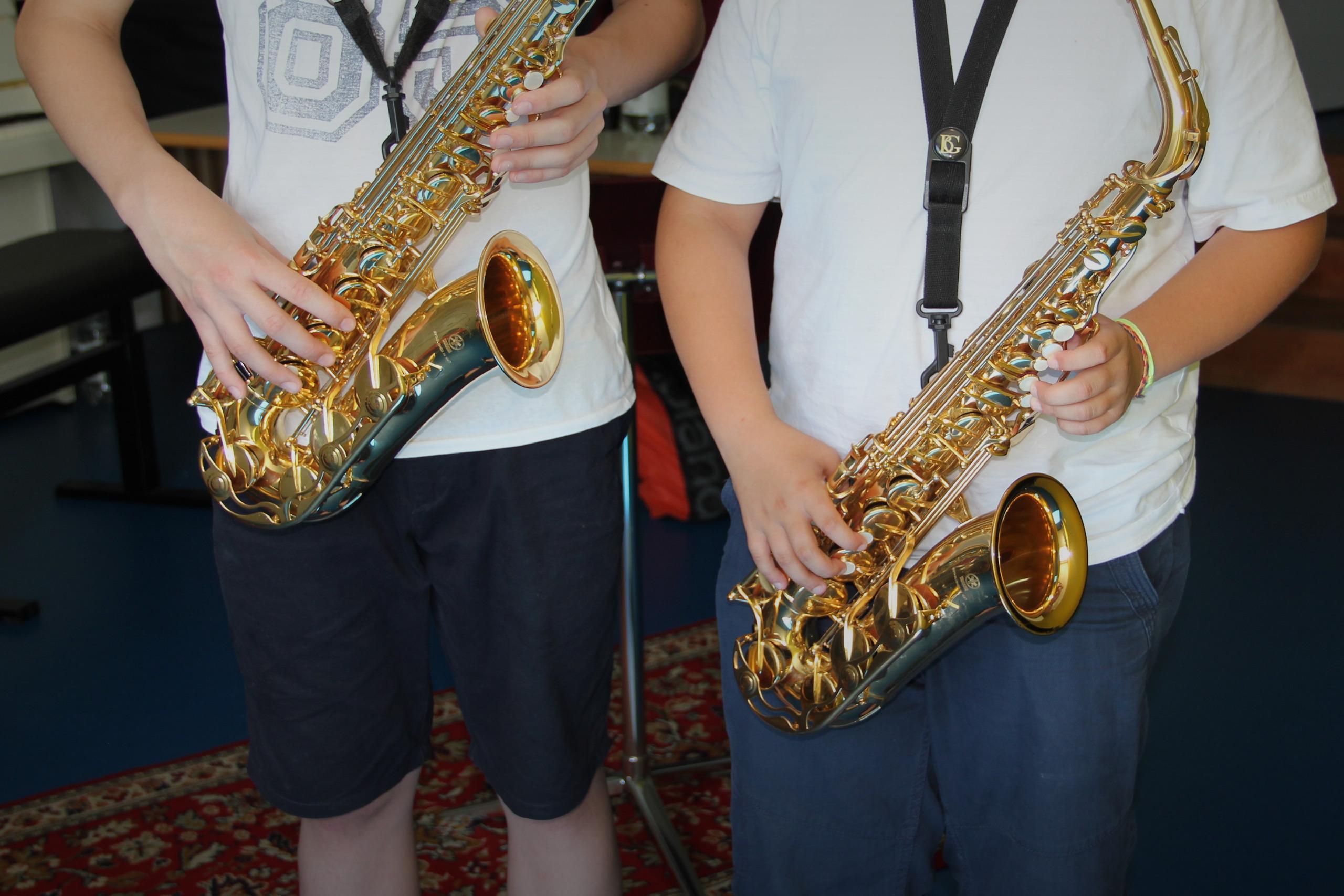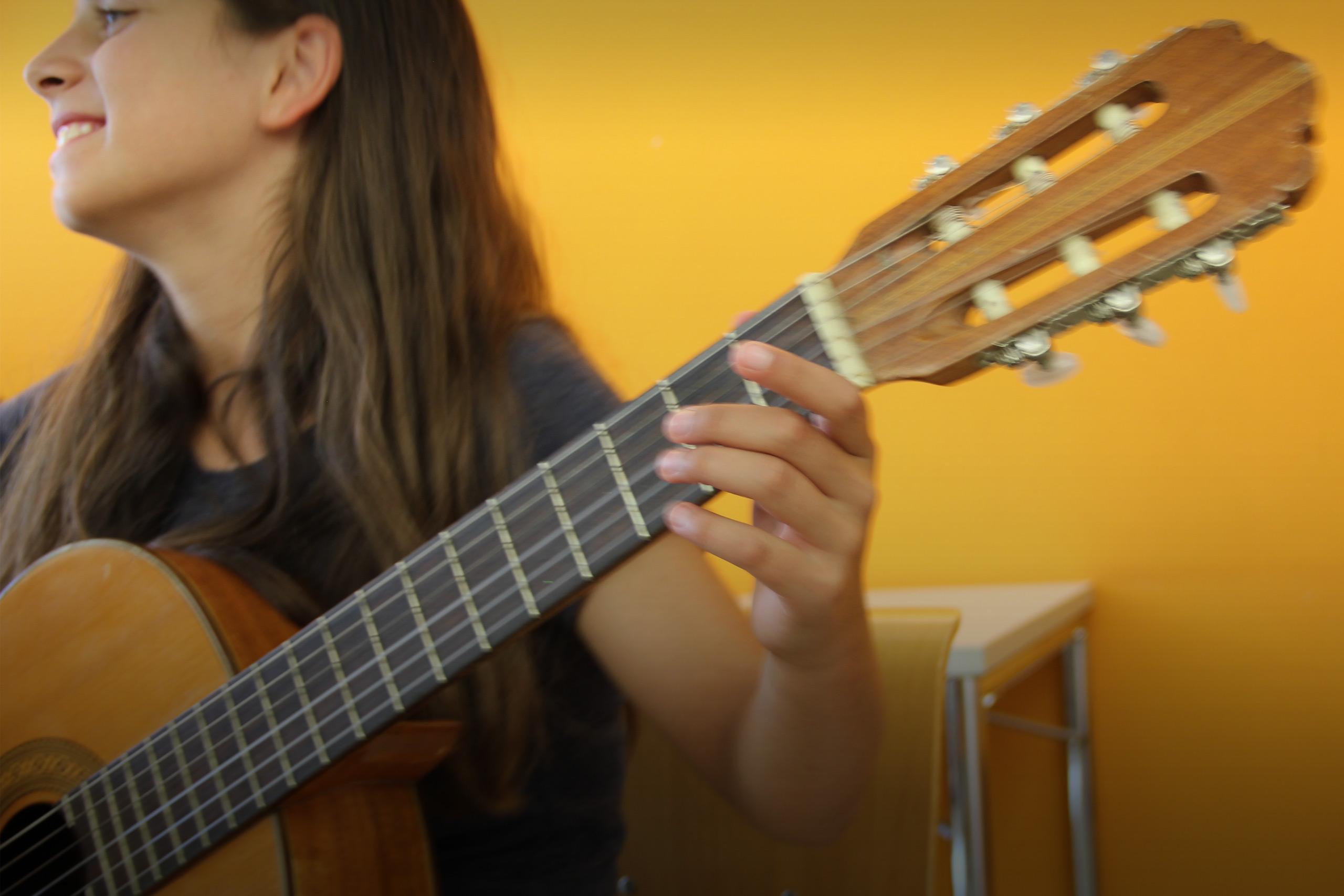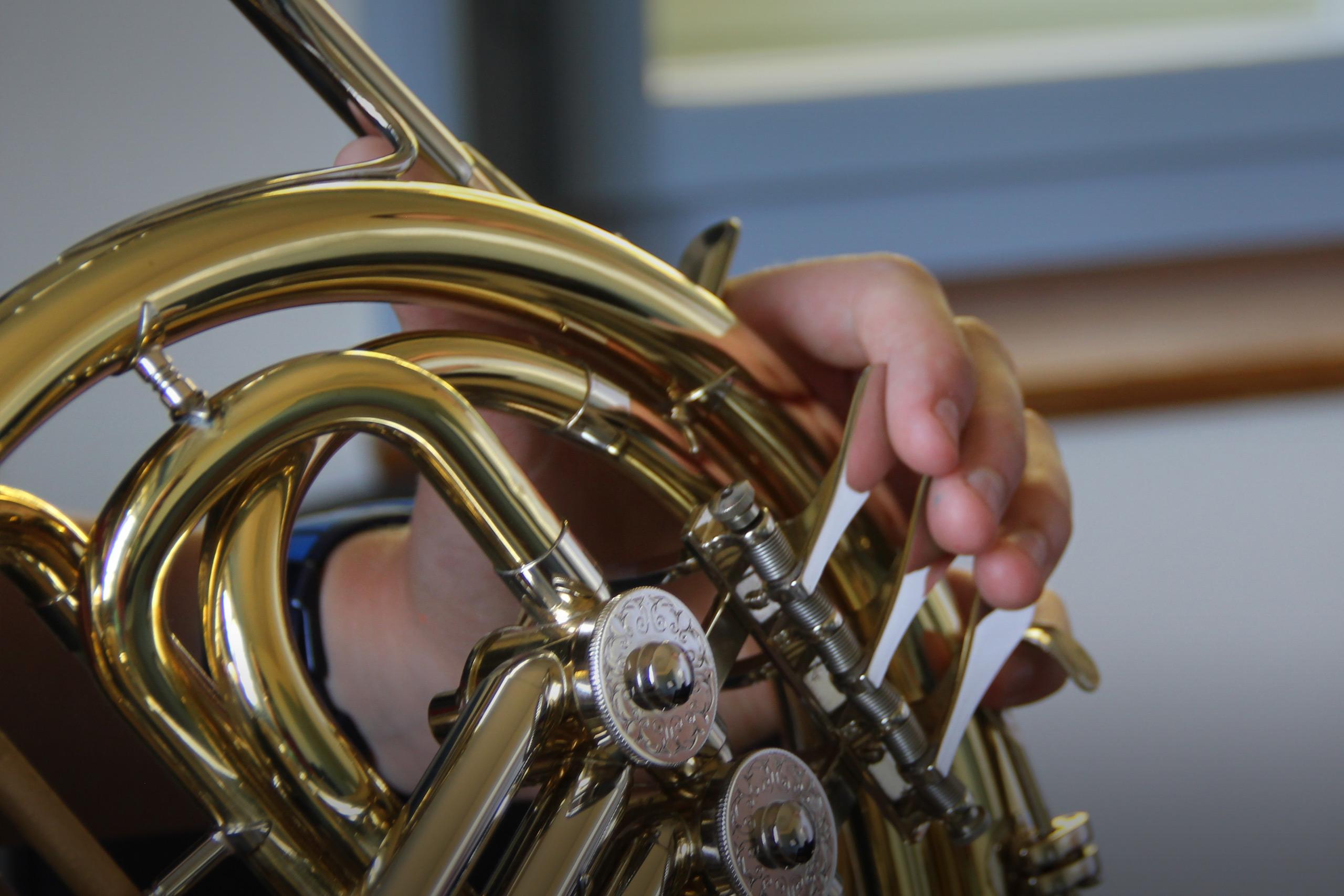Starting Point
The music schools offer students the opportunity to develop according to their individual capacities. For this reason, there are no tests and no marks. The teaching at the music schools is individualised instruction, often one-on-one, frequently in small groups. This means that the personality of the individual student can be catered for and an individual learning rhythm applied. At the music school concerts students can demonstrate their skills.
The music schools are heavily subsidized in the spirit of holistic education by the municipalities. The music schools are committed to transparent performance appraisal, as well as continuous quality development. In addition to the qualities such as student satisfaction (years of attendance) and success at the student concerts (progress), parents also represent an important form of quality control with their school fees.
Quality Development
In the context of quality development, the music schools of Erlenbach, Küsnacht, Zollikon and Zumikon perform joint grade tests. They make it possible to determine the situation of technical musical and instrumental progress for the students on the one hand and the music educational success for the teachers on the other. The grade tests are voluntary, and every student is entitled to participate. The grade tests are held annually and cover all instruments and solo singing. External experts assess the skills and knowledge of the students.
Information for Music Students and Parents
The grade test
- is voluntary, and every student has a right to participate in it
- is considered an indication of level
- is intended to motivate
- structures the teaching and prescribes clear goals
- is based on a holistic music education
Rules
- The grade tests are available to all students of the music schools of Erlenbach, Küsnacht, Zollikon and Zumikon. Successful completion of the tests is rewarded with a certificate.
- The grade tests comprise a total of eight grades and meet the requirements of the Association of Zurich Music Schools.
- 1 – 4 are taken locally at the sites of the four music schools. If the test is not passed, the student has the opportunity to repeat it a year later.
- Teachers of participating students are present at the grade tests.
- Standardly, parents are not admitted to the test. They may only be so at the express request of the child. Any photography and filming during the grade test is strictly prohibited.
- External experts perform the test in accordance with a data sheet and the guideline “Tests at a glance”.
- The experts do not work at the participating music schools.
- For grades 1 and 2, support by the student's own teacher or a tape recorder is possible but not mandatory. At the third grade, an accompanist can be engaged.
- Participation in the grade test costs CHF 40.—, and from grade 5 CHF 60.— per student. Fees for external students: CHF 60.— and from grade 5 CHF 90.—. The amount will be charged with the next term invoice. Registration is binding. Registration deadline: November 10.
- The fee is due in any case
- The tests occur once a year, on the last weekend before the sport holidays.
- The interval between the individual test steps can be one to three years.
Instructions and Requirements
- The decision to register for the grade tests will be taken in close consultation with the teacher.
- The students are registered for the grade test by their teachers.
- The student must be willing to practice the test pieces over a relatively long period of time and study them in detail so that the performance will with great probability pass the test.
- The students together with the teacher select one out of three compulsory pieces. In addition, a self-choice piece or an original composition of the same degree of difficulty must be performed.
- Grades 1 – 7 are tested at the music schools. For grade 5, the test is performed according to the guidelines of the Zürich Music Schools Association VZM. Our grade 5 is equivalent to grade 4 at the VZM. A written theory examination is required at grade 7. Grade 8 is performed at the ZHdK (Zurich University of the Arts) in Zurich.
- For the higher grades, the optional pieces of the Zürich Music Schools Association VZM are used. They are available at www.vzm.ch.
- The envisaged maximum playing time according to "Test at a glance" may not be exceeded. Otherwise, the expert will interrupt the performance.
- Improvisation is tested as follows: the expert or on request the teacher plays the given improvisation base such as drone, cadenzas, blues rhythms or question and answer game on the piano (or an instrument if preferred).
- Detailed instructions and instrument-specific requirements for the practical performance of the grade test are described in a separate fact sheet.
- The jury gives feedback to the students, as well as to the teacher. The jury's decision may not be appealed.
- The jury consists of a specialist in each subject.
Grade Comparison
Grade tests of the music schools of Erlenbach, Küsnacht, Zumikon and Zollikon | Grades 1 – 7 of the Zürich Music Schools Association |
|---|---|
Grade 1 | — |
Grade 2 | — |
Grade 3 | — |
Grade 4 | — |
Grade 5 | Grade 4 VZM |
Grade 6 | Grade 5 VZM |
Grade 7 | Grade 6 VZM |
Grade 8 | Grade 7 VZM |
Requirements
The test is deemed to have been passed if the following requirements are met:
- Confident performance
- Musical configuration: performance in line with the tempo, rhythm and character of the pieces, personal interpretation
- Technical aspects: position, fingers, tone treatment, dynamics, rhythm, intonation
The overall quality criteria are: “Flow – Freedom – Joy”, spontaneity and personality.
Requirements with Grades 1–4
Requirements | Grade 1 | Grade 2 | Grade 3 | Grade 4 |
|---|---|---|---|---|
Instrument |
|
|
|
|
Sightreading |
|
|
|
|
Improvisation |
|
|
|
|
Rhythm |
|
|
|
|
Melody |
|
|
|
|
Maximum duration of tests (incl. feedback) | 10 Min. | 10 Min. | 15 Min. | 15 Min. |
